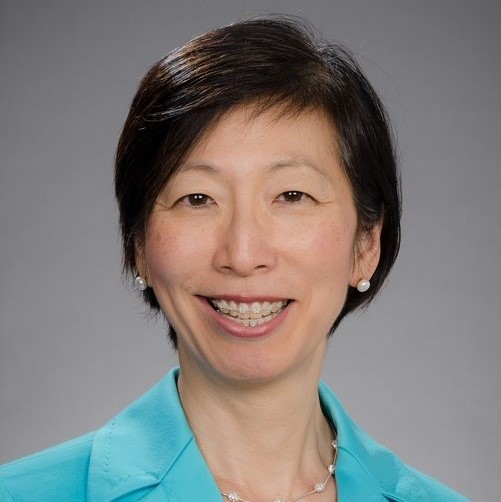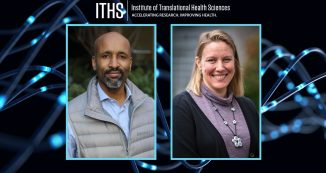
25 Aug The Art of Giving and Receiving Constructive Feedback
Register below to receive Zoom link
Description
Providing feedback to colleagues, subordinates, superiors, or trainees is a common professional activity at workplaces. It involves aligning the words we use in feedback with our intentions, such as expressing appreciation, providing evaluative assessment about performance standards, or coaching for performance improvement. Equally important to feedback giving is our ability to receive feedback from others. In this session, we will explore what makes feedback giving and receiving both helpful and challenging and practice crafting our words based on scenarios.
Pre-Work
Please come prepared to discuss your responses to the following questions:
- Recall an experience where feedback you received from others was valuable. What made it a positive experience for you?
- Conversely, recall when the feedback you received made it challenging for you to hear. Describe what made it difficult.
- Do you have a ‘habit of mind’ when you have to give feedback to others or when you listen to feedback provided to you? Please describe.
Learning Objectives
At the end of the session, participants will:
- Describe purposes of feedback including appreciation, evaluation, and coaching
- Explain factors that may make feedback giving and receiving challenging
- Apply the reflect-reframe-question technique as a feedback tool
Schedule of Activities
- 12:00-12:10pm – Welcome, Overview, Introductions
- 12:10-1:25pm – Presentation and Q&A
- 1:25-1:30pm – Thank You and Feedback Survey
About the Speaker
 Dr. Sara Kim, Research Professor of Surgery, received her PhD in Education in 1999 from University of Washington, Seattle, Washington. Currently, she serves as Associate Dean for Educational Quality Improvement, School of Medicine, University of Washington.
Dr. Sara Kim, Research Professor of Surgery, received her PhD in Education in 1999 from University of Washington, Seattle, Washington. Currently, she serves as Associate Dean for Educational Quality Improvement, School of Medicine, University of Washington.
Dr. Kim is the inaugural holder of the George G. B. Bilsten Professorship in the Art of Communication with Peers and Patients. She actively leads research programs in conflict management and collaborates with a wide range of clinical, administrative and educational stakeholders across UW Medicine. Since 2014, she and her team have developed training programs and taught over 5,000 healthcare professionals communication skills associated with conflict management and resolution. Her work has been primarily supported through the Arnold P. Gold Foundation Humanism in Medicine grants as well as the UW Medicine Patient Safety Innovation Programs (PSIP). She has numerous peer-reviewed publications in leading medical education and medical specialty journals, covering topics of communication skills, assessment, teaching and learning practices.







